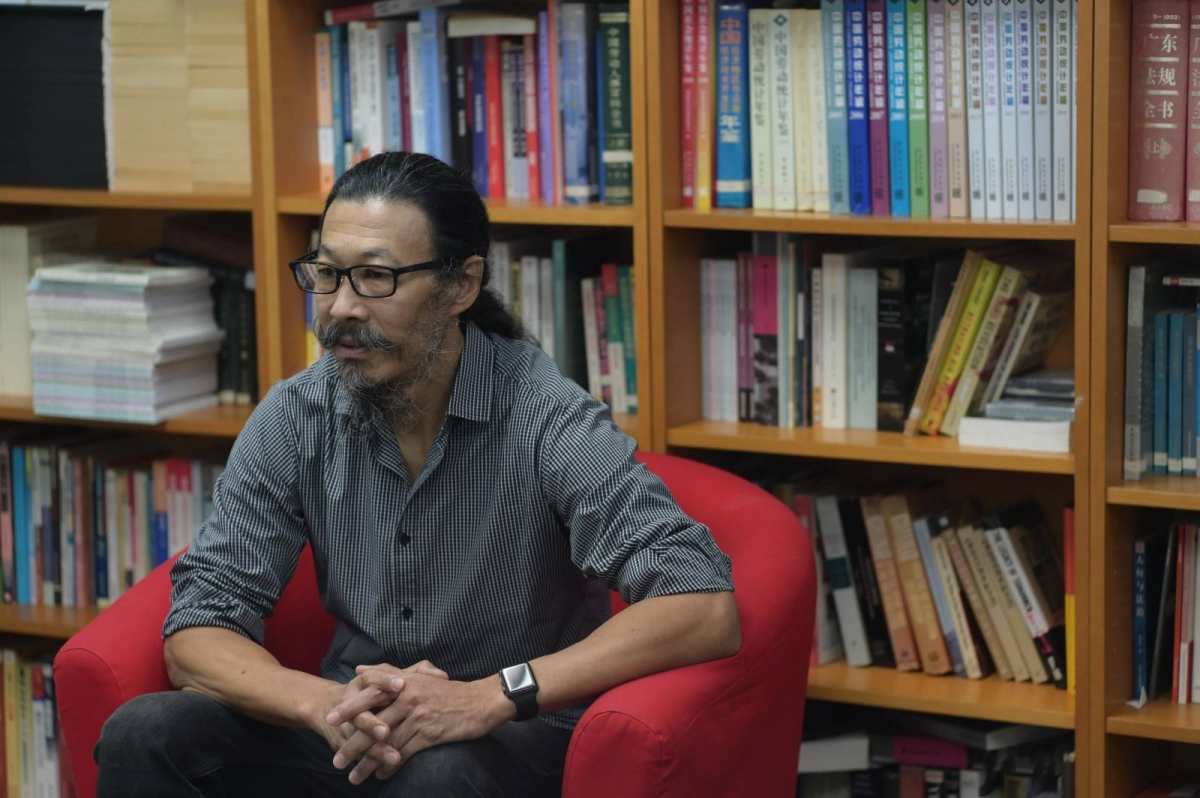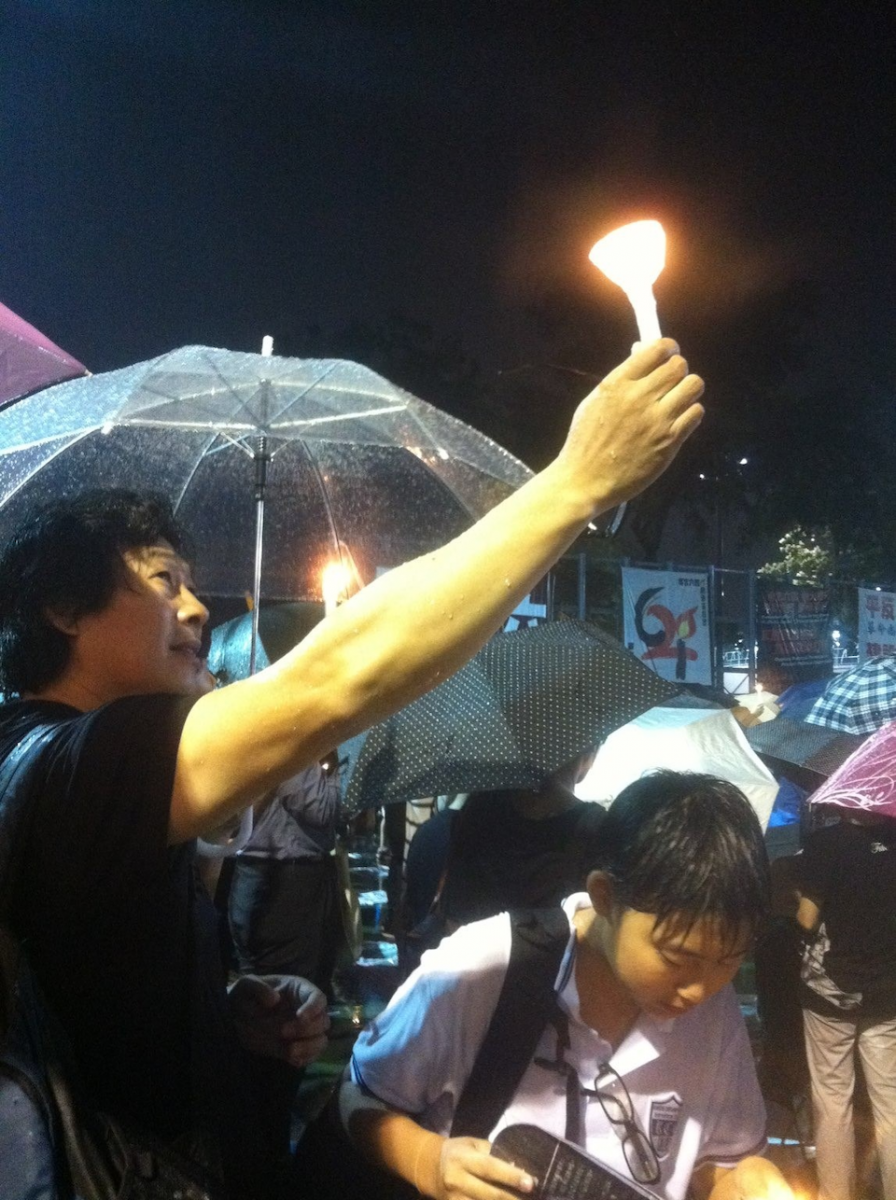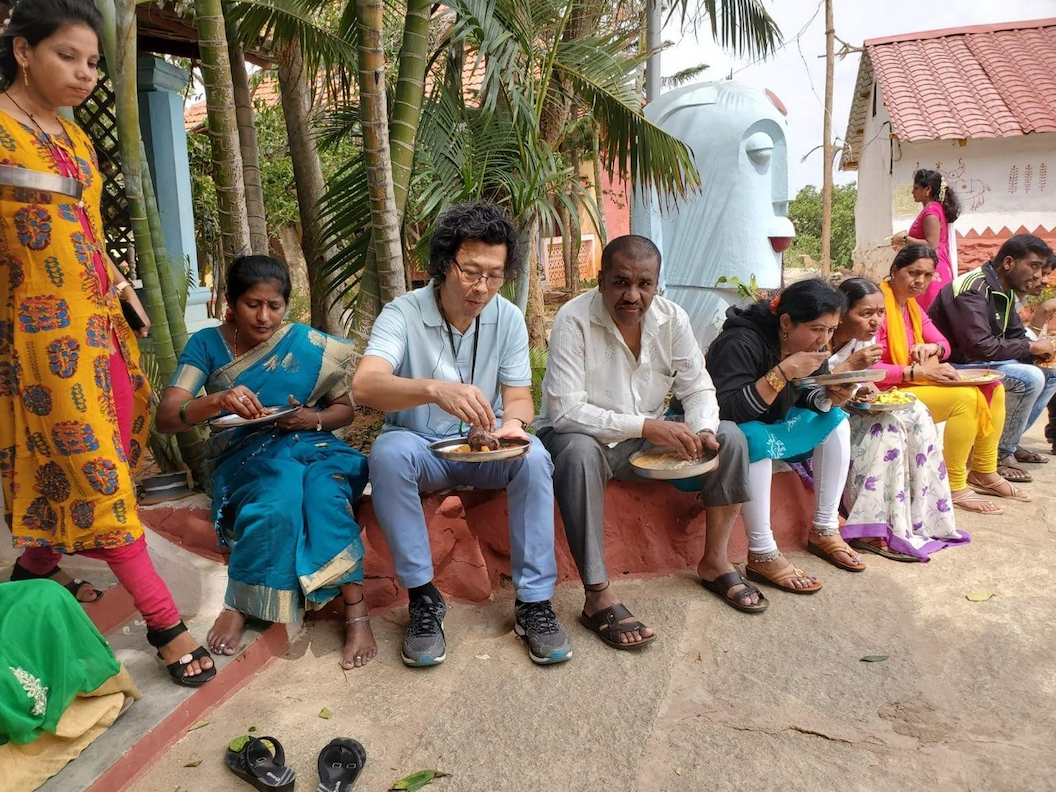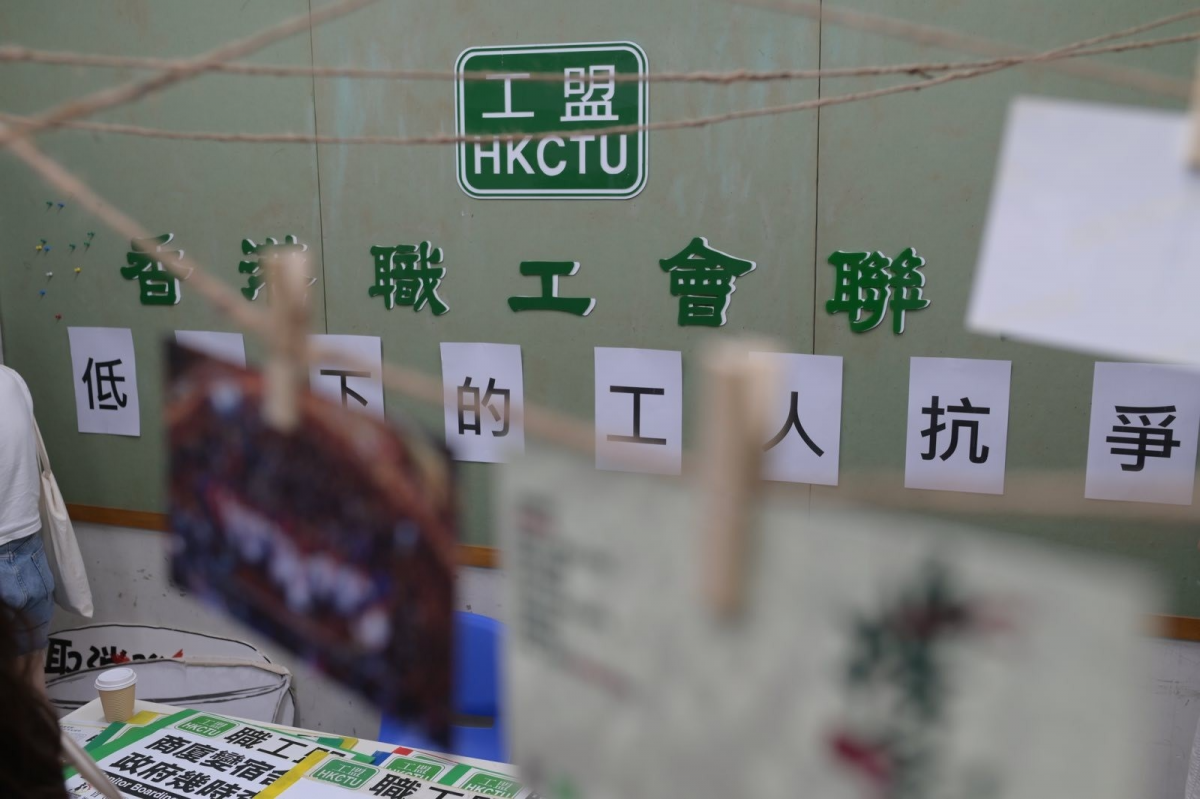In March 2021, China’s National People’s Congress amended electoral rules in Hong Kong, increasing the total number of seats in the Hong Kong Legislative Council (LegCo) from 70 to 90. At the same time, it reduced the number of seats directly elected by the public from 35 to 20.
The amendments also install new gatekeepers to bar those deemed insufficiently patriotic from standing for LegCo election. The police and the Committee for Safeguarding National Security will vet every candidate for positions in the Election Committee and for the office of Chief Executive.
These changes reduce democratic participation in Hong Kong’s elections and make it difficult for opposition parties to gain a meaningful number of seats in Hong Kong’s LegCo. They also come after the 2020 LegCo election was postponed, at which time all of the opposition party members resigned.
LegCo implemented Beijing’s electoral overhaul in May this year. Local authorities also redrew constituency boundaries to favour pro-Beijing candidates and criminalised attempts to incite voters to spoil or leave ballots blank.
This month, Hong Kong will hold the first LegCo elections since these electoral reforms were made. In September, the Democratic Party organised a debate on whether to put forward any candidates in the election.
Han Dongfang, China Labour Bulletin’s Executive Director, decided to put forward his name as a Democratic Party candidate because he didn’t think it was game over for Hong Kong, but only that the game has changed. His motivation comes from many years of compromise within the labour movement, collective bargaining and negotiation. What follows is an adapted translation of a Chinese-language piece published by CLB in October 2021.

Dealing with opposition or pushback is part of Han Dongfang’s daily routine. Whenever he sees workers’ rights and interests being infringed, one of the first things he does is call the local trade union. The union officers will listen and engage with him on the call, but in the end they tend to pass the buck or require bureaucratic formalities before they answer queries.
Even so, he continues to call them, reminds them of their responsibilities, and offers suggestions. Some of these are met with excitement by the officer on the other end of the line, though bureaucracy can mean that systemic change is severely limited.
Negotiating labour relations is all about practical compromise and exploring all possibilities for change, however incremental. As the founder of China Labour Bulletin, he hopes to bring this perspective, drawn from his many years of involvement in the labour movement, to Hong Kong’s current situation. The fight is not yet over, though the playing field has changed.
The last time Han was a candidate for election was in Tiananmen Square in 1989. He was an ordinary railroad worker with little education, but he talked about "democracy," framing this term as it relates to the right of workers to have a hand in setting their own salaries. He became a member of the Standing Committee of the Beijing Workers' Autonomous Federation (BWAF) and also its spokesperson. The BWAF was China's first independent trade union since 1949. The BWAF was disbanded in the wake of the military crackdown on the night of 3 June 1989. Han Dongfang went to prison for his involvement and was then exiled to Hong Kong, where he now lives and has been operating CLB since 1994.

Han’s next brush with electoral politics was when he joined Hong Kong’s Democratic Party in 2010. His timing might seem odd to some. That year, the Democratic Party was internally split because the party decided to negotiate with Beijing officials over constitutional reforms. But Han saw it as a groundbreaking moment. It was the first time that representatives of the central government negotiated with Hong Kong’s opposition party. He saw hope there for the future of Hong Kong, where two incommunicable political opponents could finally sit together at the negotiating table.
It’s this experience which led Han - 32 years after his speech on behalf of workers in Tiananmen Square - to put himself forward for election in Hong Kong. The Democratic Party was grappling with the question of whether they should participate in the overhauled elections. In imperfect Cantonese, Han stood up and announced his willingness to run as a Democratic Party candidate for LegCo. As a trade unionist, he is used to negotiating. He believes that all parties should stay at the negotiating table. [Although Han decided to run for election, he did not receive the requisite 40 nominations from within the Democratic Party to stand.]
“If I haven’t eaten for a month, if you place a piece of mouldy bread in front of me, I’ll eat it, though others might not. Even though it might make me sick,” says Han, on his view of taking risks.
Han has been part of a 27-year long struggle for decent pay, dignity, and rights for China’s workers. China's construction and mining industries remain death traps for many workers, and the country’s official trade unions are bureaucratic and often fall short in representing workers’ interests. But his life’s work is not a lost cause, and there are still many things that can be done to improve the situation for workers.
Recently, Han found that dozens of migrant construction workers in Guang'an, Sichuan province, were owed more than 400,000 yuan in back pay for more than two years. When he called these workers, he asked if they had approached the local trade union for help. These veteran workers, who had worked in the construction industry for over 20 years, said they didn’t know what a trade union was. So he called the local union officials to ask if the union could assist in the case.
The response from the union official on the other end of the line was that there was no union for the construction site, and any such union could only be established if the employer applied for this to happen. Han asked the officer to take the initiative, visit the construction sites, and invite workers to join the union. The officer’s reply was that they would discuss this suggestion with their supervisor, and that this suggestion might in fact solve a problem that the union had been facing for more than ten years: how to reach out to workers.
Han has no way to know whether his suggestion will be accepted and put into practice. But at least it started a dialogue between workers and unions, and there is some possibility for change. The bureaucratic and hierarchical structure of China’s governance means that those at the top are often deceived by positive reports from below, with the voices of those at the very bottom suppressed. This dynamic can frustrate many efforts, but CLB is not deterred.
Han’s experience extends to the international labour movement as well. He met with workers from India’s trade unions, particularly those in the garment sector. At the start of an ongoing cooperation between CLB and these unions, CLB gave them training, and the union recruited many members and elected workers’ representatives in the factories. Unfortunately, the workers’ representatives in one factory were violently beaten by management after making a request for negotiation. The union representatives were all fired. Han advised the workers to not focus on the violence that may spread fear among workers about joining the union, but to use the reprehensible incident as a platform for negotiations.

In the end, the employer not only reinstated all the fired union representatives, but also it paid their wages and returned to the negotiating table. The company even signed a memorandum of understanding with the union - a first for this factory. In this way, the relationship between the union and the employer changed from confrontation to collaboration.
Following this negotiation, the trade unions were invited to share their experience of collective bargaining at a United Nations event. Han suggested they invite their employers as well. Representatives from both workers and management attended. The workers’ side illustrated the success of the labour movement, and the management side shared that they began to understand that collective bargaining would achieve a mutually beneficial win-win for labour relations.
Han doesn’t believe in letting emotion or terror control. Over the past year, people have made different decisions in Hong Kong’s changing circumstances. The head of the Hong Kong Alliance in Support of Patriotic Democratic Movements of China, Chow Hang-tung, stood for refusal to disband even though former chairmen Lee Cheuk-Yan and Albert Ho Chun-Yan had advised the organisation to do so. Neither is right or wrong. Their choices are based on their own personal and professional backgrounds.
“The most important thing is to move forward, step by step. Even though there have been losses, we shouldn’t stop trying. Instead, we should focus on differentiating what to let go, and what to focus on achieving first,” says Han.
Lee Cheuk-yan, who Han considers a brother, is now in prison, and after 31 years the Hong Kong Confederation of Trade Unions (HKCTU) has disbanded. HKCTU was once Hong Kong’s second largest labour organisation, representing more than 130,000 members. It spared no effort in speaking out on behalf of workers and negotiating with the management in several notable strikes. In LegCo, HKCTU advocated for improving workers’ welfare. That Hong Kong established a minimum wage in 2011 is in large part to HKCTU’s efforts. Although the right of collective bargaining has not been put into Hong Kong’s legislation, HKCTU did its best to represent workers while the organisation was active.

Han believes that HKCTU’s dissolution does not mean Hong Kong’s labour movement is over. It certainly leaves a vacuum, and the space for negotiations between workers and management has narrowed. But workers in various industries and trade union members will find other ways to seek change. The workers’ movement will continue in the workplace and new spaces for negotiation will form.
Just as workers will not give up the labour fight, so has Han not given up on Hong Kong.
